Artificial intelligence (AI) is a field within computer science that enables the development of intelligent machines capable of emulating human actions, thoughts, and decision-making processes. AI comes into play when a machine can learn, reason, and solve problems in a manner similar to humans. Unlike traditional programming, AI does not rely solely on pre-programmed instructions; instead, it involves designing computer systems with algorithms that possess their own intelligence. This aspect of AI is what makes it truly remarkable. In our everyday lives, we encounter various examples of AI technology, including:
- Self-Driving Cars: Autonomous vehicles that can navigate and operate without human intervention, revolutionizing the transportation industry.
- Digital Assistants: Virtual assistants such as Google Assistant and Siri that utilize natural language processing and machine learning to understand and respond to human commands and queries.
- Movie Recommendation Systems: AI-powered algorithms used by streaming platforms to analyze user preferences and recommend movies and shows tailored to individual tastes.
- Smart Farming: AI applications in agriculture that leverage data analytics, sensors, and machine learning to optimize crop yields, monitor livestock health, and enhance overall farm management.
- Face Recognition: Facial recognition technology that employs AI algorithms to identify and authenticate individuals, commonly used in security systems and unlocking devices.
These examples illustrate how AI permeates various aspects of our lives, making tasks more efficient, convenient, and personalized. As AI continues to advance, its potential to transform industries and improve our daily experiences is boundless.
Here I recommend 5 books help you to Understand AI (Artificial Intelligence)
Life 3.0: Being Human in the Age of Artificial Intelligence by Max Tegmark
Author: Max Tegmark
Rating: 4.5 out of 5
Max Tegmark, an MIT professor and co-founder of the Future of Life Institute, explores the profound impact of AI on various aspects of human life in this thought-provoking book. Tegmark delves into the potential of AI to revolutionize society, work, and our understanding of humanity itself. He offers insights on how to harness the benefits of AI while addressing the challenges of keeping it benign. Life 3.0 is an essential read for those seeking to navigate the complexities of the AI-driven future.
Artificial Intelligence By Example – 2nd Edition by Denis Rothman
Author: Denis Rothman
Rating: 3.9 out of 5
Artificial Intelligence By Example provides practical examples and applications of AI concepts. From chess engines to cognitive chatbots, the book covers a range of AI applications and machine learning models. This updated edition also explores hybrid neural networks, conversational user interfaces, and quantum computing. With hands-on case studies, readers can develop a solid foundation in AI and apply it to real-world scenarios.
Artificial Intelligence Engines: A Tutorial Introduction to the Mathematics of Deep Learning
Author: James V Stone
Rating: 4.4 out of 5
This well-illustrated book introduces key neural network learning algorithms, including deep neural networks and generative adversarial networks. It combines theoretical explanations with hands-on experience, providing online computer programs for practical implementation. With comprehensive glossaries and instructional appendices, this book offers a solid understanding of the mathematical foundations of artificial intelligence.
Artificial Intelligence and Machine Learning 1st Edition by Vinod Chandra
Author: Vinod Chandra
Rating: 3.9 out of 5
Designed for computer science and engineering students, this textbook bridges the gap between Artificial Intelligence and Machine Learning. It covers various learning types and includes numerous case studies and worked-out examples. The book presents well-explained algorithms and pseudo-codes, making it a valuable resource for students in the field.
A First Course in Artificial Intelligence by Deepak Khemani
Author: Deepak Khemani
Rating: 4.3 out of 5
A First Course in Artificial Intelligence takes a bottom-up approach, starting with search-based methods and progressing to knowledge-based methods. The book covers traditional and modern approaches, including Tabu Search and Beam Search. With its clear explanations, examples, illustrations, and commentaries, this book provides an accessible introduction to artificial intelligence.
These books offer valuable insights into the world of artificial intelligence, its potential, and its impact on various industries. Whether you are a beginner or an experienced professional, these resources will expand your knowledge and understanding of AI, preparing you for the future of this transformative technology.



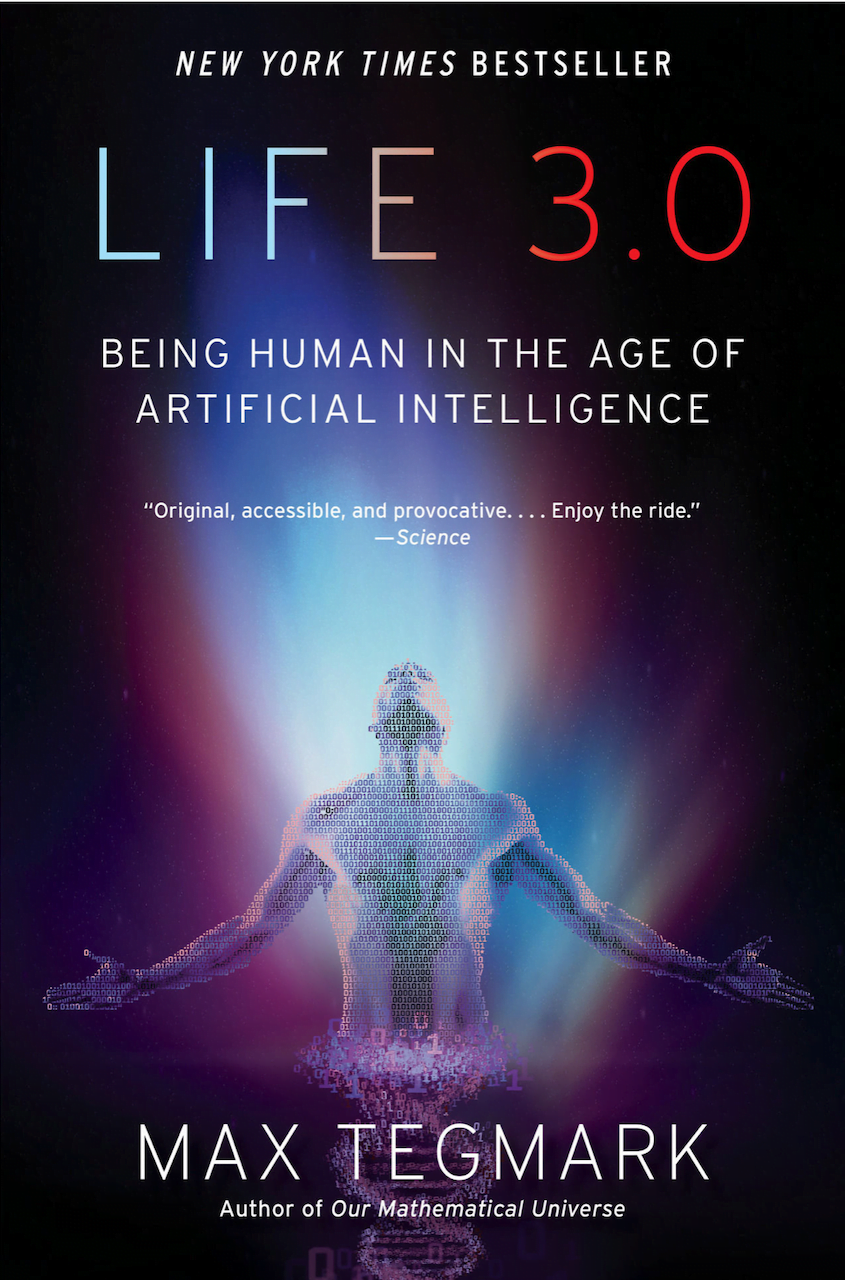
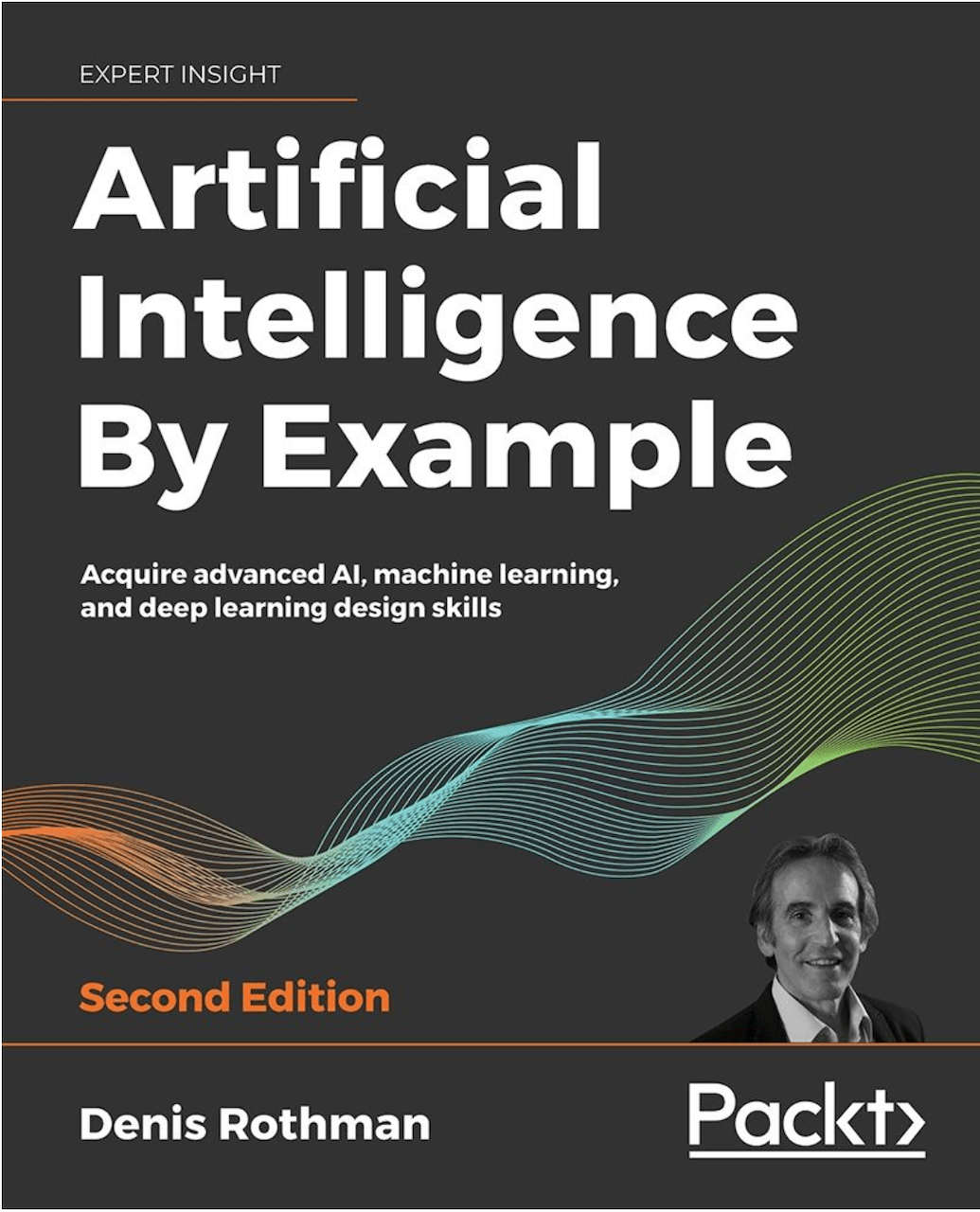


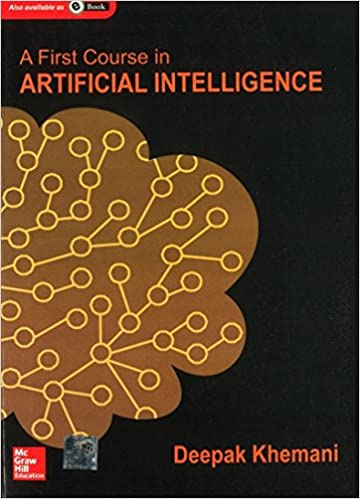
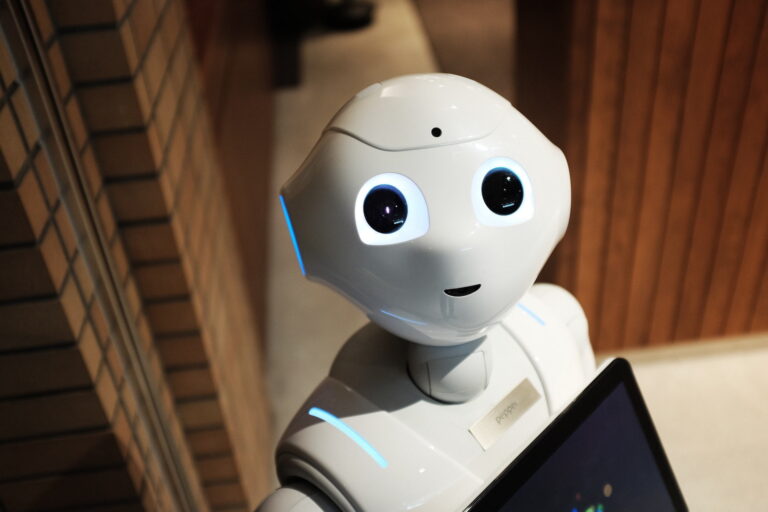
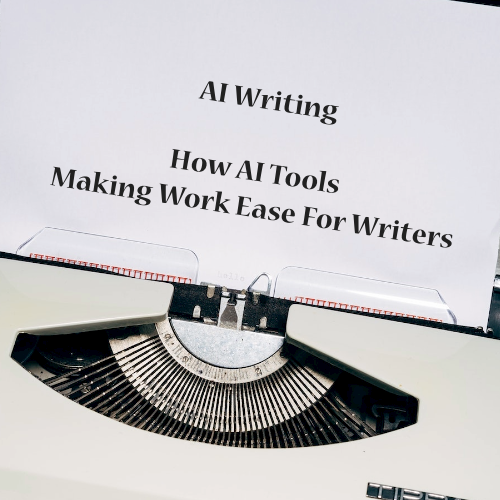








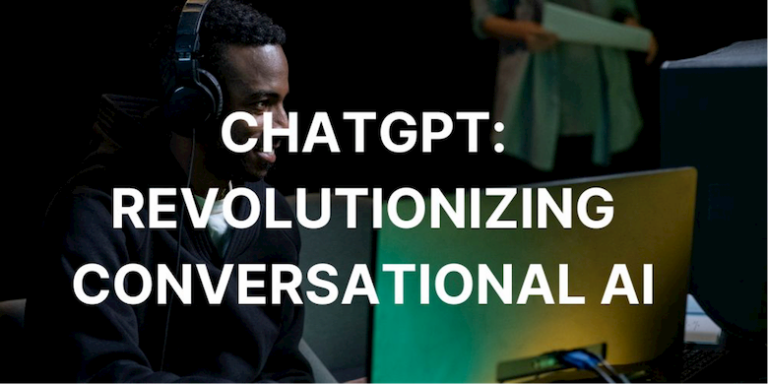
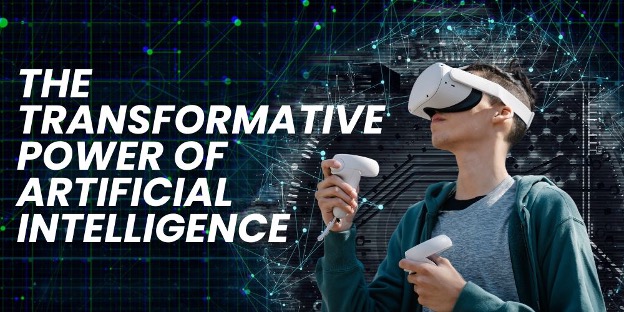
+ There are no comments
Add yours